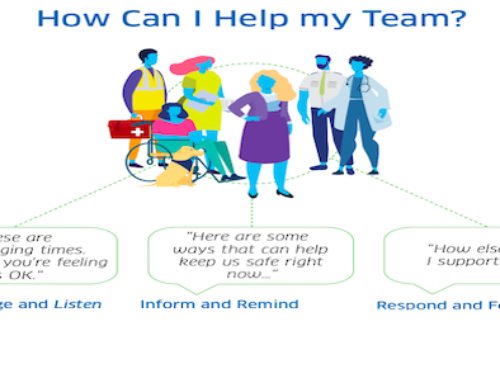How often do we find ourselves in a communication debacle from the misuse of a single word? After a few rounds, clarifying back and forth we usually sort it out. In the business world, this is not a life or death matter and I sometimes use the expression “no one will die from this” or “this isn’t open heart surgery”, to help put a struggle in context.
When I arrived in Dar es Salaam, Tanzania, our hosts told us a very sad story about, Juma, their house boy. He had been tested for HIV. When his results were communicated to him, in medical language, he was told the test result was “negative”. Negative in this context means good, you are not a carrier of the virus. Negative can also be interpreted as bad, which is how this young man took it. He had witnessed many others who had suffered and died from this disease and did not want to follow this path. Instead, he went home, drank poison, and killed himself.
I was greatly saddened by this story and the result from misunderstanding a single word. We all do this. We assume we understand what others are saying when in many cases we don’t.
So many thoughts entered my mind like knowing your audience when communicating information, testing for understanding, staying close to people – not just physically but emotionally, using one’s intuition to sense where people are if they are “not themselves”. I also wondered what I would do if that was me; perceiving I had received a death sentence. Would I have the courage to reach out for help, risking shame and stigma, to tell others how I was truly feeling?
Questions are a powerful tool to move from assumptions and inferences to understanding. What powerful question will you pose today that might just avoid a conflict, promote harmony, or even save a life?





What a sad account! A careful “audience analysis” on the part of the person delivering this information to the young man may have prevented this terrible missunderstanding. Another example of what happens when we make assumptions about our audience. I stress to my students the importance of writing (or speaking) in PLAIN language. Obviously this young man did not have the background or education to understand this medical “language.” It is so important for healthcare providers to explain a diagnosis in a way the patient can understand.